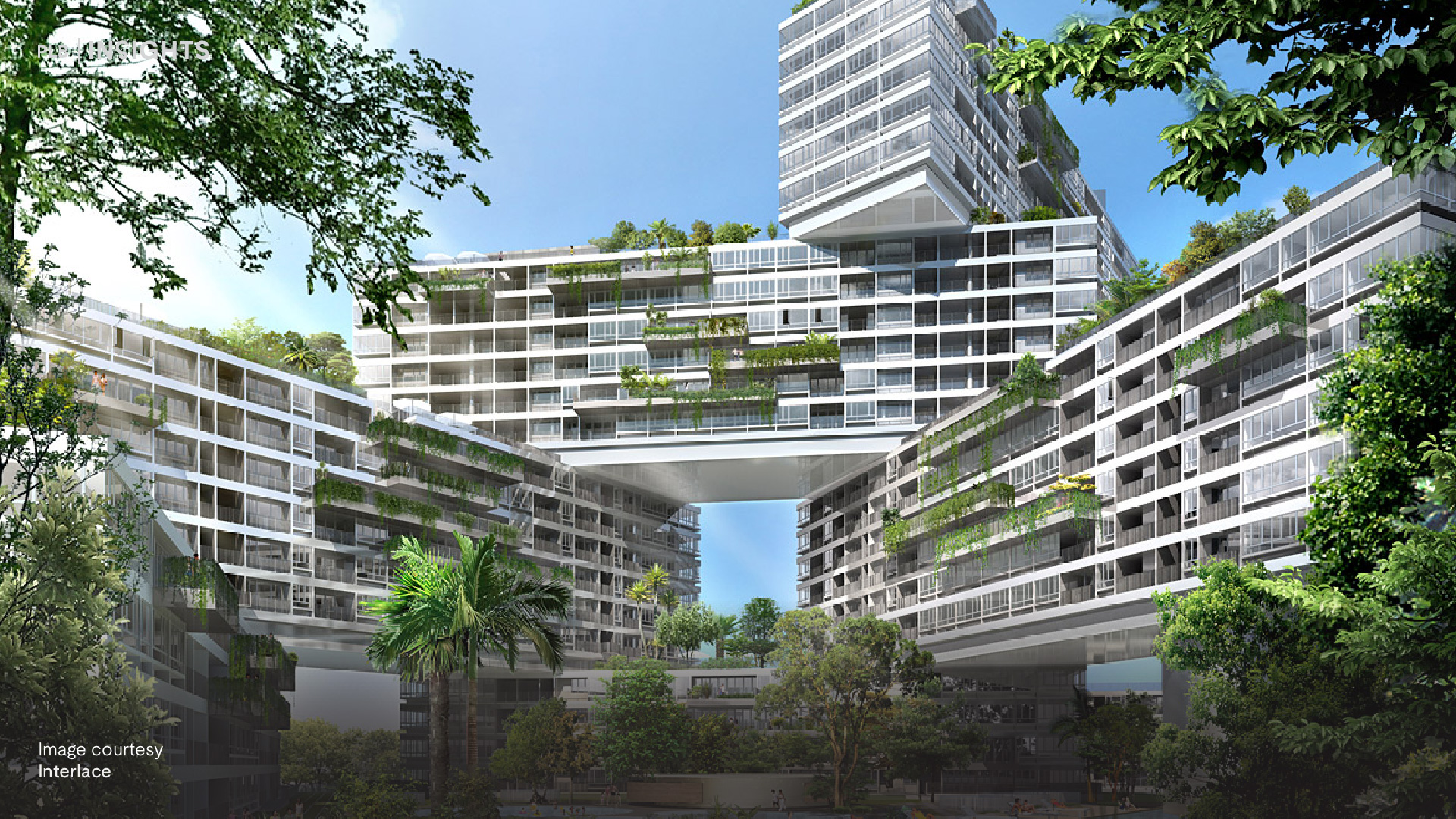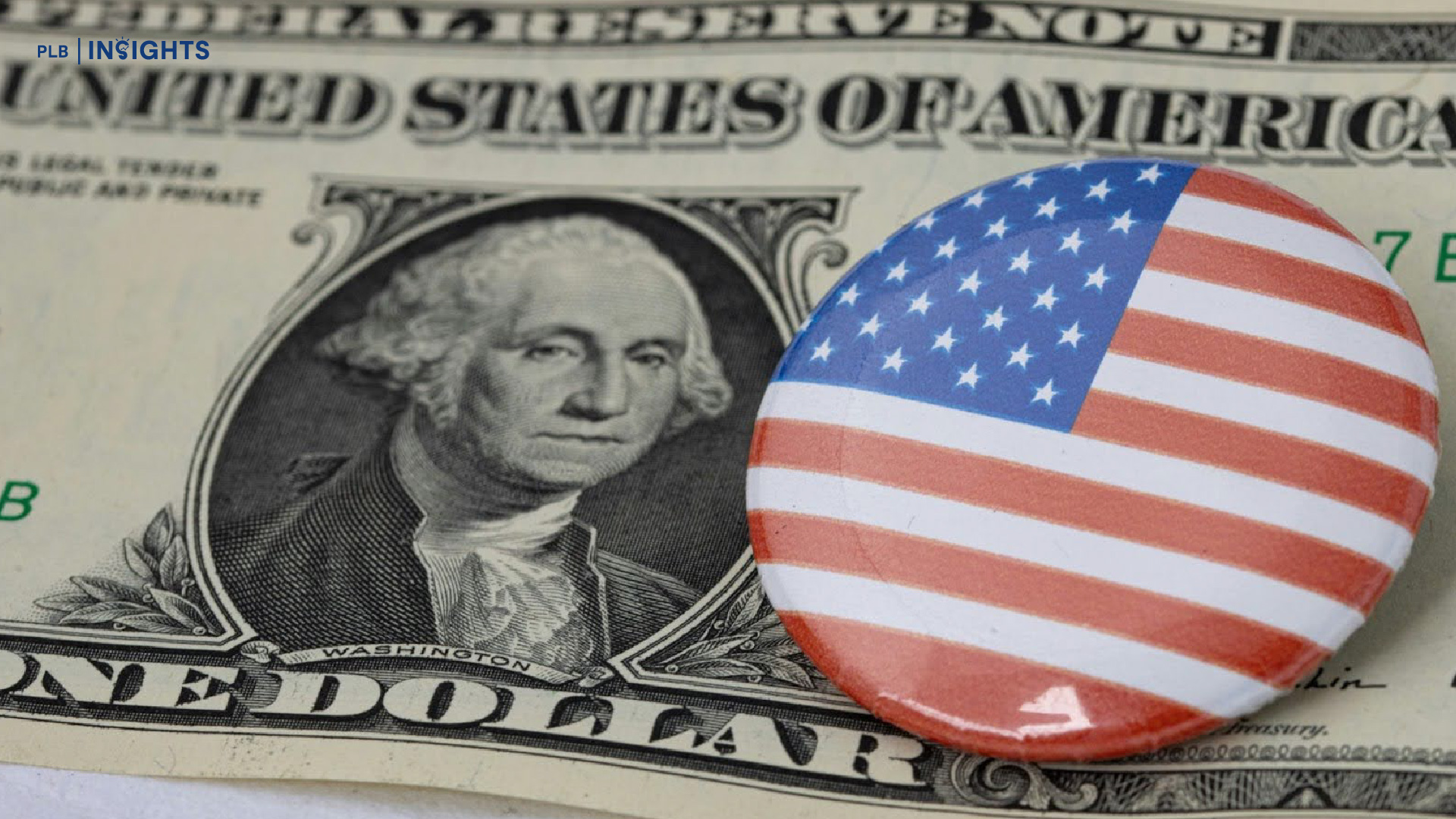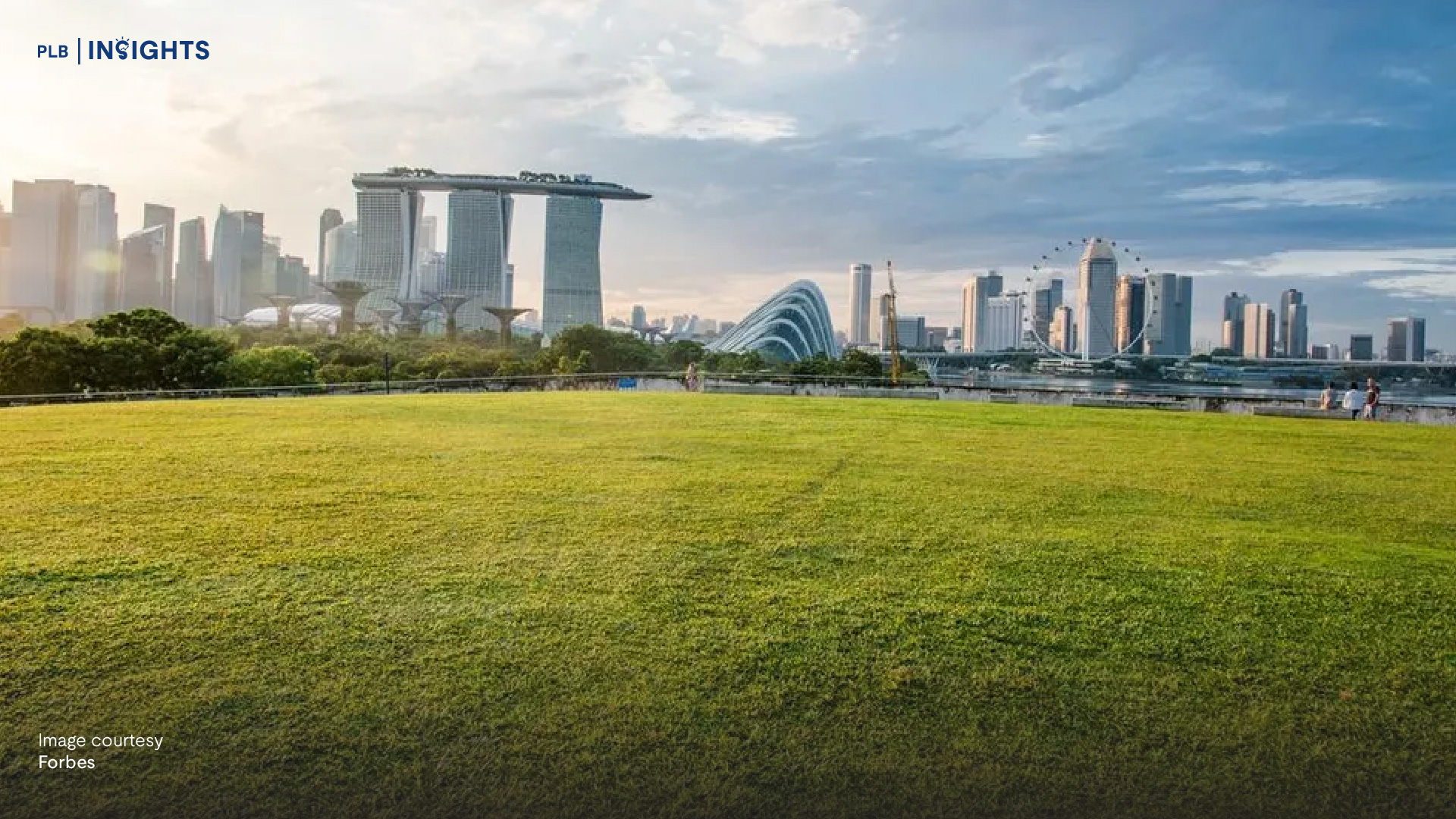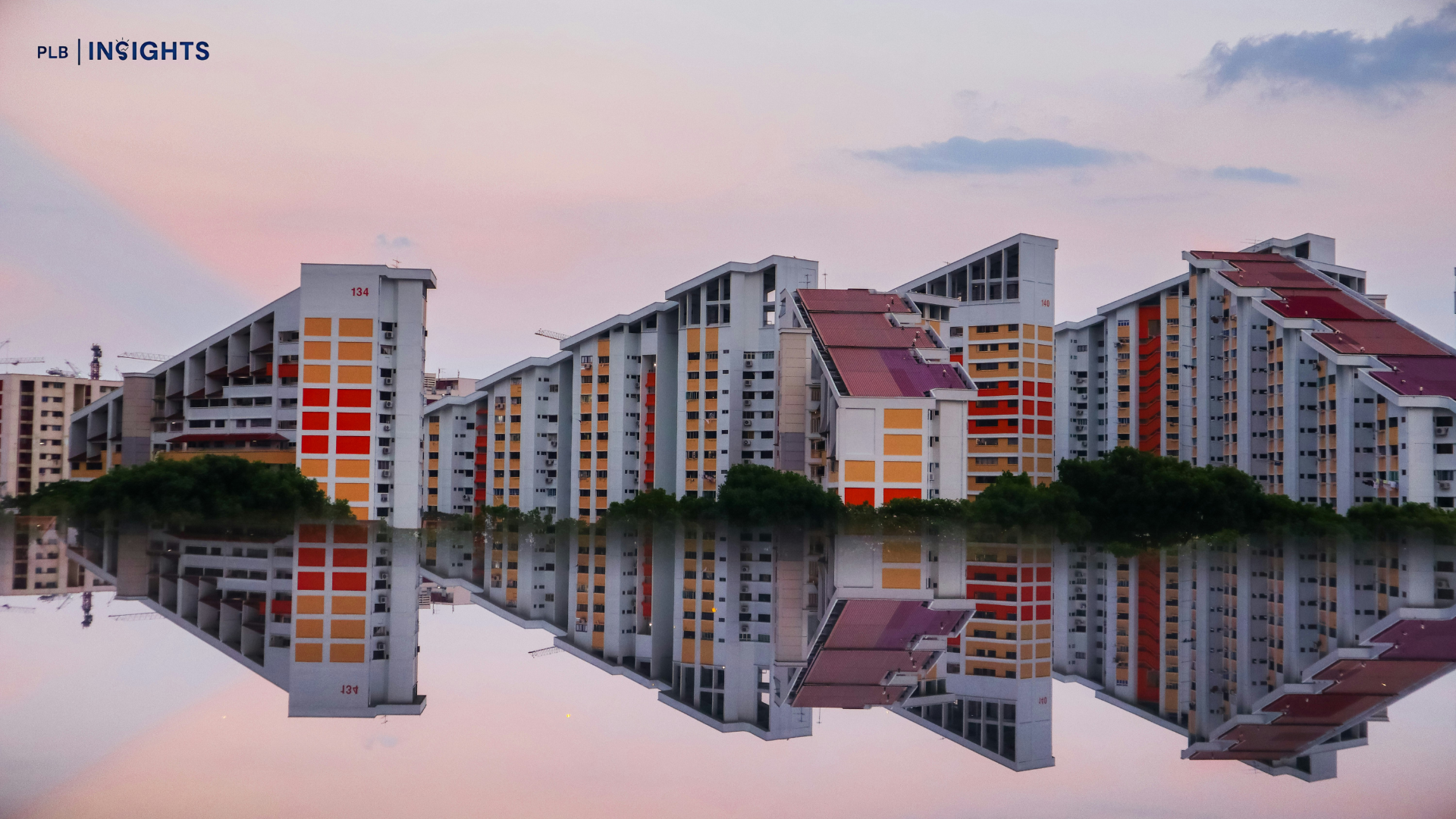
With the recent case of the money laundering scheme in Singapore, the spotlight is on how illegal activities have been conducted on our shores. Several foreigners have been nabbed by the police for their alleged involvement in the case, on charges of forgery and money laundering. By now we have seen the images of their branded bags, luxury supercars and large assortment of bearbrick collectives which was their way of turning the “dirty” money into assets. However, what foregrounds this case would be the properties involved.
They tied up an estimated $831 million SGD in our property market, namely 7 detached Sentosa Cove bungalows, 79 condominium units and various commercial and industry properties. The police have issued a Prohibition-of-Disposal order on the 105 properties that are linked to this money laundering scheme, preventing these properties from being resold on the market. All these properties were owned by the people under investigation, their spouses or companies linked to the suspects.
As none of the suspects are Singaporeans or Permanent Residents, this begs the question as to why these foreigners chose Singapore as the place to park their illicit funds.
Why Singapore?
Singaporeans largely take what we have for granted, but to expatriates it makes all the difference. Our stable socio-political fabric directly influences our economy, as there are no riots or civil unrest that impact the day-to-day of the country. Our dollar has remained resilient among our regional peers as well, making it a safe harbour for investors or businessmen. The wealthy can enjoy many benefits, with our cosmopolitan society offering luxuries catered to the top 10% – Good Class Bungalows, luxury car dealers, country clubs and Michelin Star restaurants galore.
Zooming into our property market, many Singaporeans aim to buy properties as it is known to be an effective hedge against economic fluctuations. Many purchasers anticipate capital gains from property sales with the ever-increasing prices of properties in the market. The sale of physical properties is exempt from capital gains tax in Singapore, which is not the case in other countries. Singapore’s property prices have been skyrocketing year on year, surpassing Hong Kong SAR as the most expensive in the region with a median price of US$1.2 million. Hong Kong SAR reported a median of US$1.16 million, dropping 15% since last year and third place goes to Sydney at US$980,000. With so much money being used in one transaction, it is less suspicious for potential criminals to launder money through this method than to make multiple smaller transactions. Housing the money in one asset is also easier to manage compared to 1000 bear brick collectables as well.
In our land-scarce island, the government has introduced new measures as of April 2023 to restrict the over-purchase of properties. Foreigners now pay 60% in Additional Buyer Stamp Duty (ABSD) for property purchases. Using an entity or trust will also not help, as the ABSD becomes 65%. It was previously revised at the end of 2021 on 16th Dec from 30%. However, the affluent (or those in possession of a large sum of illicit funds), were not fazed by these taxes. In addition to residential property, the suspects also purchased commercial property as the transaction costs were lower. There is no ABSD on non-residential properties and Buyer Stamp Duty on non-residential properties is around 1-5%, depending on the purchase price of the property, a miniscule fraction of ABSD costs for foreigners.


What has the Government done to mitigate this?
No matter how attractive Singapore seems to be to these criminals, we have an equally robust and effective authority to crack down on these cases. The latest bust on the money laundering ring proves that the Monetary Authority of Singapore (MAS) will punish those who wish to abuse our system and markets.
MAS is committed to upholding Singapore’s reputation as a trusted and reliable financial hub, which is a vital sector for the country’s economic growth. Recently, the Urban Redevelopment Authority (URA) introduced new regulations aimed at preventing money laundering and terrorism financing in the real estate industry. These regulations mandate that developers conduct customer due diligence checks on all transactions of uncompleted residential and non-residential properties that fall under the Housing Developers (Control and Licensing) Act and the Sale of Commercial Properties Act. However, it is important to note that non-property developers or individuals who are not subject to these regulations may not have the necessary resources or capacity to conduct due diligence checks on buyers. Failure to comply with these regulations may result in fines of up to $100,000, suspension, or revocation of any licence granted if any laundering offence is found against them.
Real estate agents also have a responsibility to prevent money laundering and must not be tempted to close deals, regardless of the potential financial gain, if they have doubts about the source of the buyer’s funds. In the recent money laundering probe, around 60 real estate agents were involved with the deals and had to assist with investigations. It is worth noting that the effectiveness of due diligence is largely dependent on the accuracy of declarations by buyers and the verification of documents provided.
What else can be done?
Maintaining a delicate balance between market control and buyer regulation while allowing financially capable individuals to make purchases is crucial. As a cosmopolitan city, the influx of affluent foreign buyers can significantly enhance our economy, and we should extend a warm welcome to them. If one has the means to, there is nothing wrong for them to spend it however they like, as long as their funds are from legitimate sources.
However, it is equally important to safeguard our property market against illicit activities. The government has already implemented several measures to curb property prices, but additional steps can be taken. For instance, enforcing restrictions on non-residential purchases by foreigners and limiting the number of properties that an individual or related entities can own.
Final Thoughts
As much as Singapore seems attractive for suspicious activities in the property market, we also uphold the law with an iron fist to prevent our fair market from being tainted by illicit funds. Buyers, real estate agents and developers have the responsibility to ensure that they are transacting following the laws and regulations of the time. Here at PropertyLimBrothers, our agents go through rigorous training and are up to date with current regulations to ensure that every transaction made closes without a hitch. Need our help to buy or sell a property? Contact us now and our friendly agents will be happy to assist.







